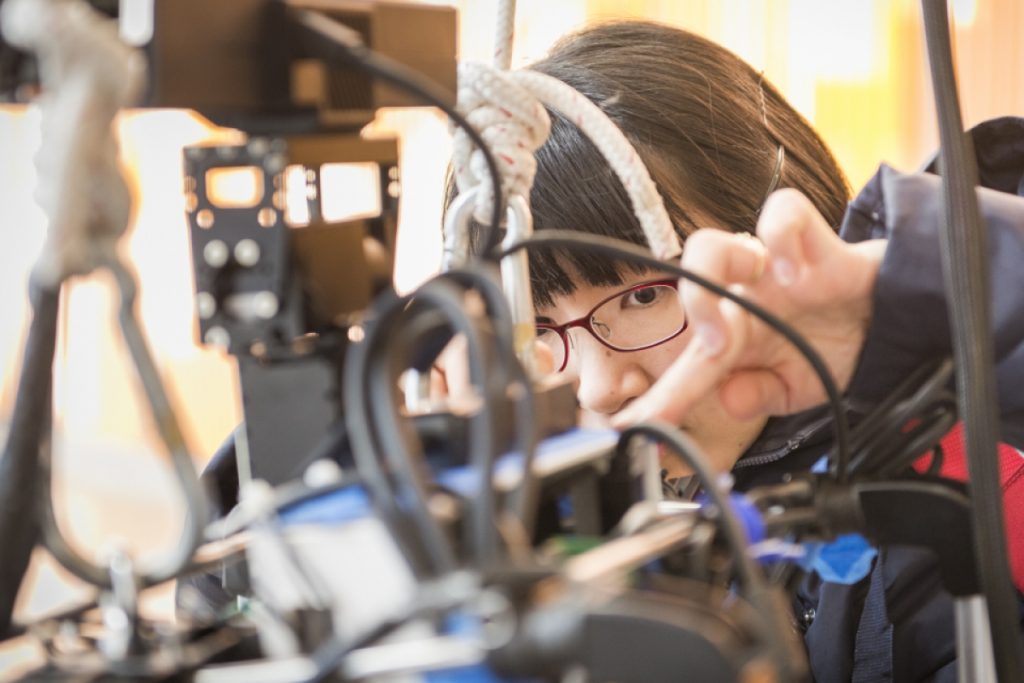
Our Doctor of Philosophy (PhD) programs are research-oriented degree programs for students of superior caliber who will make original contributions to theory and practice in their fields of interest. The programs prepare you for a research career in academe, government, or industry. Our curricula are purposely designed to develop the intellectual skills essential for the rapidly changing character of research.
Students conducting doctoral research at the GRASP Laboratory obtain their PhD degree at any of the associated departments. Depending on their main interest, PhD applicants should apply to the CIS, ESE, or MEAM department. There is no specific PhD degree in Robotics at Penn. Applicants will want to select robotics or related areas as their concentration and add that to their personal statement. In addition, their preferred research advisors should be chosen from the GRASP Faculty list within the faculty member’s respective departments. The online application for PhD in any of those departments starts here.
Please visit the website of the department/s you are interested in for the most comprehensive information regarding admissions and the curriculum.
Computer and Information Science
Electrical and Systems Engineering
Mechanical Engineering
Degree Requirements
All doctoral work, including the dissertation, must be completed within ten years of matriculation as a graduate student at Penn. The student is required to maintain a cumulative grade point average of at least 3.0. Click here for more information.
Funding
Ph.D students are typically awarded funding upon admission to cover tuition and fees, a stipend for living expenses and payment of University of Pennsylvania student health insurance.
(Note: Applicants for PhD programs who have not yet obtained a master’s degree can be admitted directly into the Ph.D. program; they may obtain a MSE during their course of study.)
PhD Student Experience
Penn Engineering’s GRASP Lab fosters the development of inspiring leaders in cutting edge robotics research. See Dr. Monroe Kennedy III, in our GRASP Profile Series:
